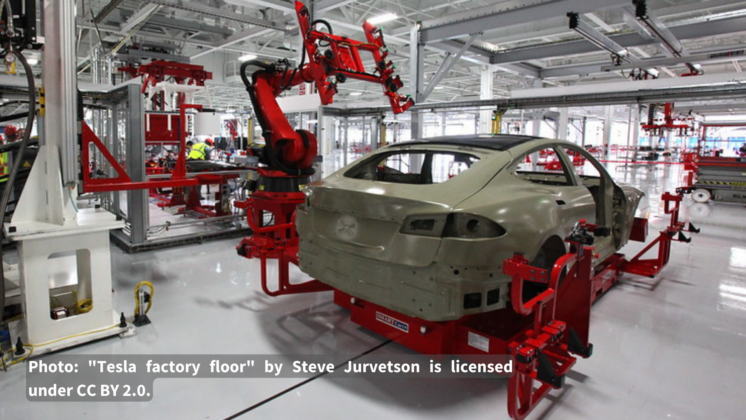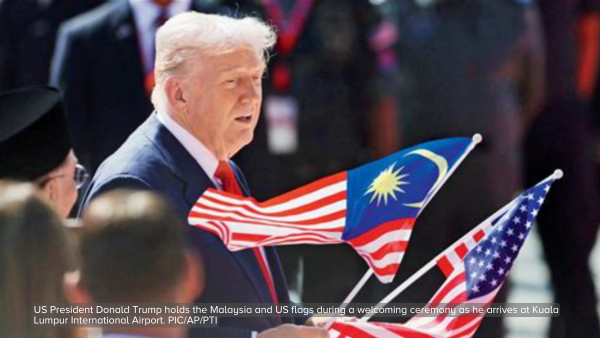Rights advocates call on electric car makers to tackle human rights abuses in the supply chain as the transition toward electric cars and other new energy technologies, as well as the global competition to extract minerals escalate.

According to the authors, there is a need to ensure car manufacturers responsibly produce greener vehicles. This comes as a reconciliation bill makes it ways in the U.S. Congress, proposing a US$7,500 tax credit for people who purchase an electric vehicle in one of its many climate provisions. The tax incentives in the bill require automakers to produce a portion of an electric vehicle’s battery components in the U.S as well as to source parts of the battery’s minerals from countries with which the U.S. has free trade agreements, or source them from recycled materials. The article also details human rights abuses in electric vehicle production, including cases in Democratic Republic of Congo, Guinea, and China.
Meanwhile, the European Union is preparing a regulation that would require battery manufacturers to identify and respond to human rights or environmental abuses, despite some limitations. Companies will be unable to sell their batteries to the EU if they fall short in addressing human rights issues.
Written by Jim Wormington, a senior corporate accountability researcher and advocate at Human Rights Watch, and Richard Kent, an adviser and researcher on business and human rights at Amnesty International, the oped is first published on Thomson Reuters Foundation.
Human Rights Watch defends the rights of people in 90 countries worldwide, spotlighting abuses and bringing perpetrators to justice. Amnesty International is a global movement of more than 10 million people campaigning for a world where human rights are enjoyed by all.










